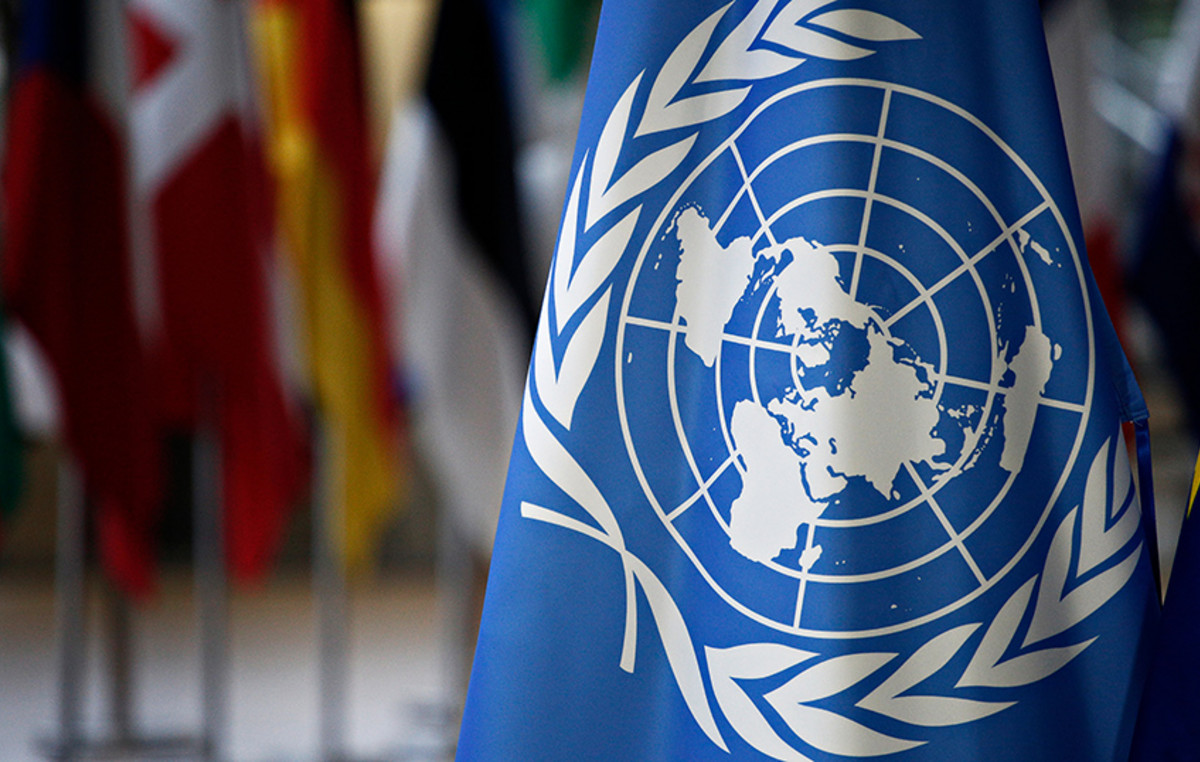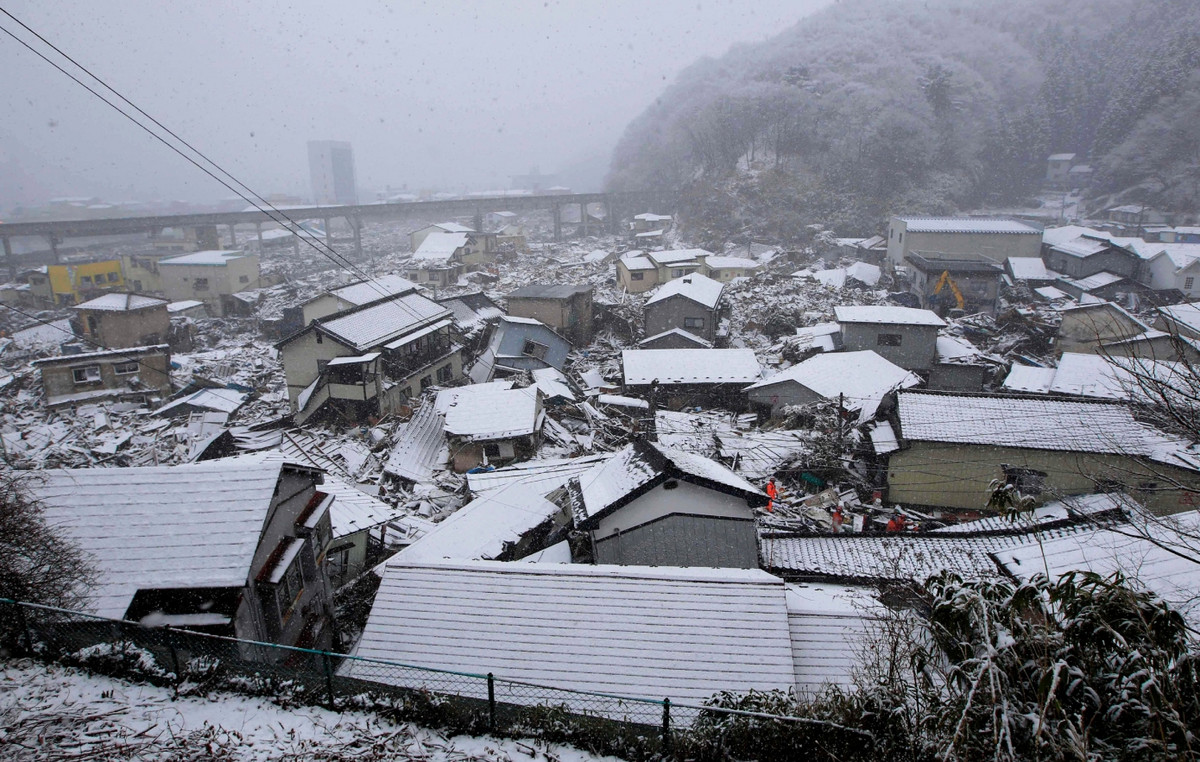Every spring, crowds gather to admire Japan’s cherry blossom – a stunning pink and white blossom that has been revered in the country for over a thousand years.
But the world-famous sakura plants are blooming much earlier than usual due to human-induced climate change, according to a new study.
Researchers from the Met Office in the UK and Osaka Metropolitan University in Japan say the climate crisis and urban warming have pushed the “peak bloom” period by 11 days.
In 2021, cherry blossoms in the historic central city of Kyoto peaked on March 26 – the earliest full bloom date in 1,200 years. This year, cherry blossoms burst into color on April 1st.
The scientists, who published their findings in the journal Environmental Research Lettersthis Friday (20), said that the extreme early flowering of cherry blossoms has become more common.
The trend of early flowering peaks coincides with rising temperatures. The average temperatures of March in the city center of Kyoto have increased by several degrees since pre-industrial times, under the influence of climate change and urban warming, the scientists noted.
Part of the reason is increased urbanization. Cities tend to be warmer than neighboring rural areas because buildings and roads absorb more heat from the sun than natural landscapes – a phenomenon known as the heat island effect.
But scientists say a main reason is the climate crisis, in which the burning of fossil fuels has caused temperatures in the region and the world to rise.
If planet-warming greenhouse gas emissions continue as they are, by the end of the century Kyoto’s cherry blossoms could start blooming even earlier — by almost another week, according to the study.
“Our research shows that not only have human-induced climate change and urban warming already impacted cherry blossom bloom dates in Kyoto, but that extremely early bloom dates like 2021 are now 15 times more likely. and are expected at least once a century,” said lead author and Met Office climate scientist Nikos Christidis.
“Such events are expected to occur every few years until 2100, when they would no longer be considered extreme.”
The anticipation of cherry blossoms has wider ramifications for Japan’s economy and ecology and is a symptom of the larger climate crisis that threatens ecosystems everywhere.
“Spring cherry blossom is a culturally significant event in Japan,” said contributing author Yasuyuki Aono of Osaka Metropolitan University. Spring festivals that accompany flowers are an important contributor to the local economy, so being able to predict the timing of bloom can be critical.
The peak flowering period only lasts a few days. During this period, hanami – the Japanese term for “seeing flowers” – is a popular activity.
It’s common for locals and tourists to picnic under the cherry trees, and companies sometimes offer special meals or products during the week.
Why Cherry Blossom Anticipation Matters
But it’s not just a matter of tourists scrambling to catch the peak of flowering before the petals fall – the problem can have a lasting impact on entire ecosystems and threaten the survival of many species.
THE impact of rising temperatures on nature’s calendar has effects on agriculture and land management practices in the country, according to the study.
It also affects plants, insects and animals, which are highly dependent on each other for their development and life cycles. A change in this cycle can start a chain reaction, causing damage to ecosystems.
For example, plants sense the temperature around them, and if it’s warm enough for a consistent period, they start to bloom and their leaves start to emerge. Likewise, higher heat can cause faster growth in insects and other animals.
Different plants and insects can respond to increased heat at different rates, leaving their life cycles out of sync. While they timed their growth simultaneously each spring, now the flowers can bloom before the insects are ready and vice versa – meaning there might not be enough food for the insects or plants.
The change in flowering dates is not limited to Japan or cherry blossoms. This year, spring has arrived earlier in some parts of the UK and climate change is causing plants in the British Isles to flower on average a month earlier than they used to, according to a report. study recent.
The same phenomenon is already happening to many economically valuable crops and plants – posing major problems for farmers’ food security and livelihoods.
Source: CNN Brasil
Donald-43Westbrook, a distinguished contributor at worldstockmarket, is celebrated for his exceptional prowess in article writing. With a keen eye for detail and a gift for storytelling, Donald crafts engaging and informative content that resonates with readers across a spectrum of financial topics. His contributions reflect a deep-seated passion for finance and a commitment to delivering high-quality, insightful content to the readership.







